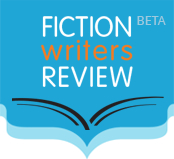In case you missed them, here are the latest features, which FWR was proud to publish over the past month:
- Greg Schutz reviews American Salvage, by Bonnie Jo Campbell, noting that many of the stories
[evoke] the ache at the center of the rural experience with startling clarity and force. The stories in American Salvage know what it means to occupy landscapes in which humans are outnumbered by animals and in which nature, beautiful and indifferent, rushes in to fill the physical and emotional distances between individuals.
- Reviewing Laura van den Berg‘s debut collection What the World Will Look Like When All the Water Leaves Us, Liana Imam writes:
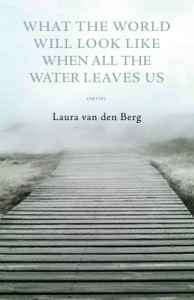 [W]hether it is out of fear for their lives to come, or the fact that what these young women have glimpsed of the adult world isn’t particularly stable, they pick paths that seem to deepen the pain, not quell it. They becomes missionaries to the Congo, though they have never been Christians; they take care of cancer patients instead of pursuing their post-college whims; they fling themselves to any point at all on the map to try to outrun their losses. After such disappointment, something about stasis seems dangerous. Or perhaps they think grief won’t be able to find them in these other lives they’re impersonating.
[W]hether it is out of fear for their lives to come, or the fact that what these young women have glimpsed of the adult world isn’t particularly stable, they pick paths that seem to deepen the pain, not quell it. They becomes missionaries to the Congo, though they have never been Christians; they take care of cancer patients instead of pursuing their post-college whims; they fling themselves to any point at all on the map to try to outrun their losses. After such disappointment, something about stasis seems dangerous. Or perhaps they think grief won’t be able to find them in these other lives they’re impersonating. - T. M. de Vos reviews The Best European Fiction 2010, edited by Aleksander Hemon, asking:
What are we doing when we sit down to read a collection of fiction culled from a continent? What to make of the contiguities of the stories, that seem at times to overlap the national boundaries so as to “say something about that place”? […] How to avoid taking roll?
- Dana Kletter interviews Allan Gurganus, discussing sexuality, Southernness, and everything in between. Says Gurganus:
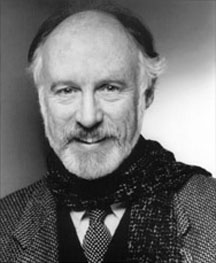 I have this great respect for what a book should be and it hasn’t changed. I want it to be important and significant, as the great books have been to me. It is a way of repaying a huge debt. People say that a novelist is just born at forty, only when you are forty have you had enough heartache and enough death in your foreground first of all to know that you’re mortal. That’s the basic drivers’ license for being a writer: I too will die. And I think about that a lot.
I have this great respect for what a book should be and it hasn’t changed. I want it to be important and significant, as the great books have been to me. It is a way of repaying a huge debt. People say that a novelist is just born at forty, only when you are forty have you had enough heartache and enough death in your foreground first of all to know that you’re mortal. That’s the basic drivers’ license for being a writer: I too will die. And I think about that a lot.Read the full interview to learn why his loyalties are to the 19th century rather than the 20th, and why he keeps the Sears & Roebuck catalogue on his desk.
- In an interview with Charlotte Boulay, author and One Story editor-in-chief Hannah Tinti talks about some of the inspirations for the world of her debut novel, The Good Thief:
When I’m working on something like this—something that has a certain time or place or mood—I have a bulletin board over my desk, and as I come across things that are in that vein, I start tacking them up. I had a couple of photos from The Gangs of New York that I had up for visuals on describing some of the places the characters went; I had photos by Edward Curtis, a photographer who took pictures of native Americans in the 1800s; I had stuff by Lee Bontecou. […] Her stuff is sort of steampunky. She builds out from the canvases and there are these giant weird holes.
Tinti also discusses the joys of the editing process, literary magazines on the Kindle, why sometimes four (not three) is the magic number, and how she once grossed out A. M. Holmes.
- Danielle Lazarin interviews Dan Chaon, asking how he became comfortable with leaving questions unanswered in stories. His reply (in part):
I guess I’ve always felt personally and emotionally closer to the searchers, rather than to the finders…to those who don’t get answers, as opposed to those who do. For me, the experience of epiclitus is closely related to the experience of the uncanny, but also to the experience of complex and problematic emotions, like yearning, and awe, and psychic unease, which are of particular interest to me.
- And last but not least, Lee Thomas interviews Marie Mutsuki Mockett about her debut novel, Picking Bones from Ash, the influences of American and Japanese cultures on her writing, and the value of knowing the flaws of a place:
There’s a very natural impulse, certainly when I was younger, to think that anything foreign was better. I think the world is more complex than that. I do think that for novels that are set in Asia, that are sometimes written by Westerners, a sort of classically historical novel, is in what I call the ‘beautiful Japan mode.’ I have a deep knowledge of Japan, and so I was trying to write a book from that point of view.
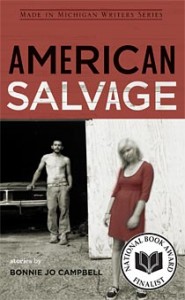
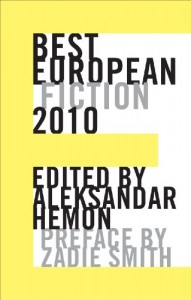
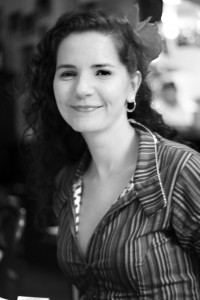
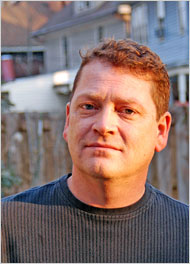
photo credit: Philip Chaon
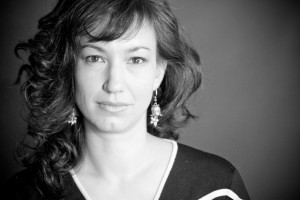
Marie Mockett / photo credit: Rachel Eliza Griffiths
Want to make sure you don’t miss any features? Subscribe to FWR‘s RSS feed and get notified about all our reviews, essays, and interviews.

